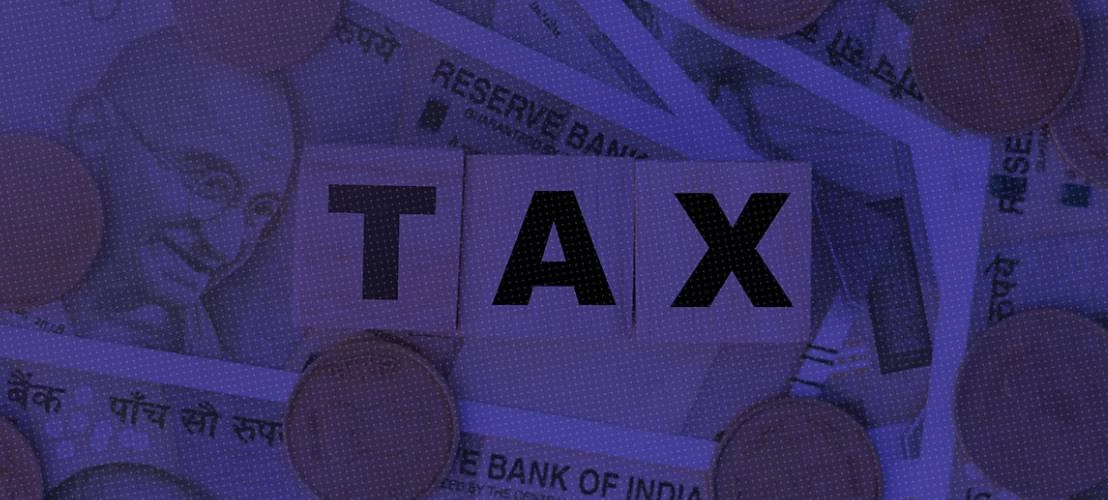A provision in a tax law cannot be presumed to be retrospective if it alters or changes the law as it earlier stood, even if it uses the words ‘for the removal of doubt’.
Reiterating this, the Supreme Court of India has allowed the appeal of an assessee in a case where debentures were issued in favour of financial institutions in lieu of interest accrued and payable to the financial institutions. Noting that the debentures were accepted by the financial institution in discharge of the debt on account of outstanding interest, the Court held that hence interest was ‘actually paid’.
Setting aside the High Court decision, the Apex Court held that Explanation 3C in Section 43B of the Income Tax Act, 1961 is clarificatory as it explains Section 43B(d) as it originally stood and does not purport to add a new condition retrospectively. It noted that the High Court decision erred in concluding that ‘interest’ was converted into a loan and hence, according to the provisions of the Explanation 3C, the amount would not be eligible for deduction.
According to the Court, the Explanation 3C, which was introduced for the ‘removal of doubts’, only made it clear that interest that remained unpaid and has been converted into a loan or borrowing shall not be deemed to have been actually paid.
In respect of retrospectivity of Explanation 3C, the Supreme Court in this case M.M. Aqua Technologies Ltd. v. Commissioner of Income Tax, relied on its earlier decision in the case of Sedco Forex International Drill. Inc. v. CIT [(2005) 12 SCC 717].







